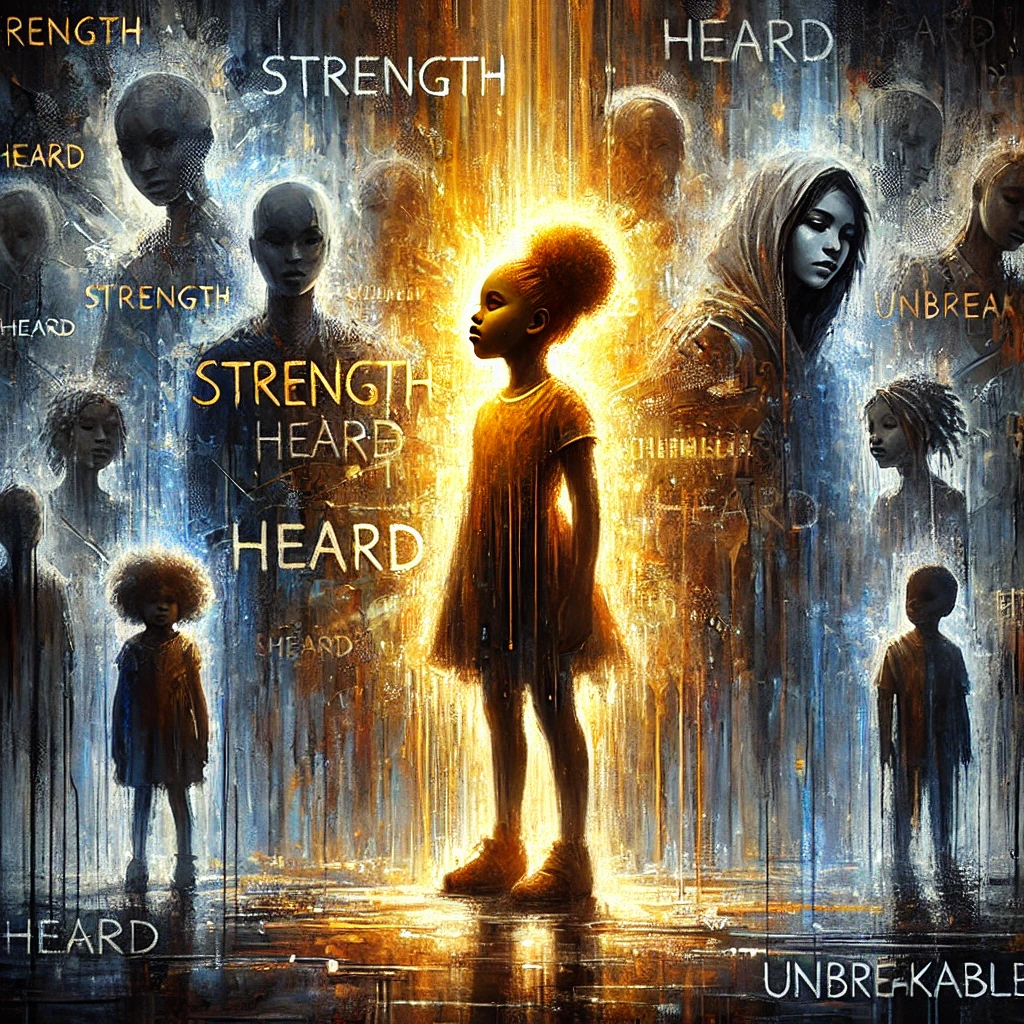There’s no way to soften this truth: we failed our young Black girls. Not in an abstract, “society is messed up” kind of way. No, we failed them directly, personally, and collectively.
We failed them when we laughed at their suffering. When we made light of a grown man urinating on a 14-year-old girl. When we turned her trauma into a joke, a Chappelle skit, a cultural punchline. We failed them when we kept stepping in the name of love like we didn’t know better. Like we didn’t know that every spin of an R. Kelly record was a slap in the face to the girls he had victimized.
And yet, even when we did know, even when the evidence was undeniable, we still found ways to defend him.
This isn’t just about one man. R. Kelly is a symptom of a deeper sickness in our community—one where Black men in power are protected, even when they prey on Black girls. One where people are quick to rally around the accused but slow to offer the same support to the victims.
And if we’re going to talk about protecting Black people, if we’re going to talk about community, we need to start with the most unprotected among us.
The Culture of Silence
We like to act as though we didn’t know what was happening. That we didn’t have the facts. But let’s be honest—we did.
The Aaliyah marriage? That wasn’t a secret. The tape? It circulated. People saw it. We all heard the whispers about him hanging around high schools, about how his entourage enabled his behavior. And still, we looked the other way.
And this isn’t new.
For generations, we have been conditioned to handle these things “in-house.” We don’t like to air our dirty laundry. We don’t want to bring the law into “family business.” So when an uncle is too handsy, when the pastor has a reputation for getting too close to young girls in the choir, when an older guy in the neighborhood is dating a high schooler—what happens?
People handle it quietly. Families move their daughters away. Girls are told not to make a scene. And the cycle continues.
Ask yourself: How many young girls do you know who were preyed on by older men in the neighborhood?
How many of them told someone and got ignored? How many times did you hear about a situation and think, That’s messed up—but then went on with your day?
That silence? That habitual looking away? It has real consequences.
It teaches young Black girls that their pain is secondary to a man’s reputation. It tells them that if they speak up, no one will believe them. And for the predators, it’s a message too—a green light to keep doing what they’re doing, because no one will stop them.
The Price of Protecting the Wrong People
It’s easy to see how we got here.
The Black community has every reason to distrust the justice system. We’ve seen how it treats Black men. We’ve seen them criminalized, over-sentenced, falsely accused. So when allegations come out against a Black man, our first instinct is to defend him. To assume it’s another attempt to tear down a successful Black figure. To find reasons why it’s not true.
But we need to be honest about the damage that reflex has done.
Because it means that, in our effort to protect Black men from false accusations, we have created a world where Black girls are left defenseless against real predators.
We’ve watched men dodge accountability by hiding behind race, playing on our fears of an unjust system, convincing us that they are the real victims. And over and over, we’ve fallen for it.
And the girls? They’re left with nothing. No justice. No protection. Just the realization that their own people will not stand up for them.
Breaking the Cycle
If we’re serious about protecting the Black community, we need to start with the most vulnerable.
And that means making some uncomfortable changes.
- Believe Black girls when they speak up. No more brushing off allegations just because the accused is someone we respect. No more questioning the victim before we question the predator.
- Stop making excuses for men just because they’re talented. A man’s ability to sing, preach, or lead does not exempt him from accountability.
- Call out predatory behavior when we see it. That means in our families, our churches, our schools, and yes, in our entertainment industry. No more silence. No more complicity.
- Teach young Black girls that they matter. That they have the right to speak up, to say no, to demand justice—and that the community will stand behind them when they do.
This is not about “tearing down Black men.” It’s about raising the standard.
It’s about choosing to stand for something bigger than a celebrity’s career, a pastor’s reputation, or a family’s image. It’s about making it clear that no man, no matter how powerful, is above accountability.
Because if we don’t, then we need to stop lying to ourselves about what we’re really protecting.
For too long, we’ve allowed history to repeat itself.
We can stop the cycle—but only if we choose to.
So the question is: Will we?

